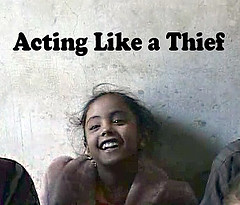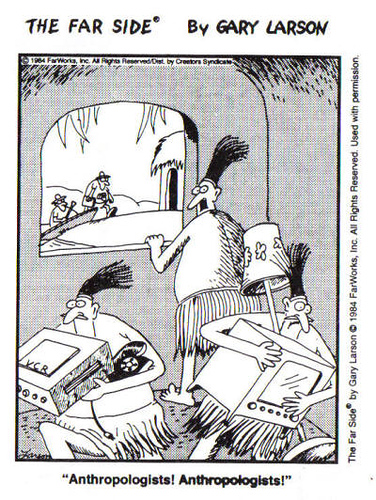Fareed Zakaria’s recent Washington Post editorial on immigration has rightly been praised for its clarity.
Compared with every other country in the world, America does immigration superbly. Do we really want to junk that for the French approach?
The only criticism I’ve seen of Zakaria is that he conflates German guest workers with second or third generation France citizens of foreign descent. (See Moorish Girl for more on “immigrants” vs. “citizens.”) But I think there is a deeper problem here. The reason immigrants tend to do well in America is not because America is a more welcoming society, but because we already have a permanent racial underclass in our African American population! (And, to some extent, Latinos and Native Americans as well.)
America’s recent immigrants serve a useful purpose, deflecting attention away from one of the core conflicts in our society. American immigration policy in recent years has favored middle class Asian immigrants. Their arrival conflates the black/white dichotomy that led to so much social unrest in the 1960s. This can be seen in the area of Affirmative Action policies where it has been widely remarked that those who would benefit most from their termination would not be White Americans, but the children of Asian immigrants!
Popular in Marxist academic circles, the concept of Asian immigrants to the US acting as a “buffer race” has never made it to the mainstream. I would argue that part of the reason for this lies in the intrenched logic of American “multiculturalism.” According to the dominant narrative, America is a “salad” (no longer a “melting pot”) in which each culture adds its own unique flavor to the mix. This narrative hides the very different histories of America’s various ethnic minorities.
In their celebrated essay, “Black students and the burden of ‘acting White.'” (1986, Urban Review 18(3), 176-203) Ogbu and Fordham suggest a tripartite classification for thinking about America’s ethnic minorities:
In order to account for this variability, we have suggtsted that minority groups should be classified into three types: autonomous minorities, who are minorities primarily in a numerical sense; immigrant minorities, who came to America more or less voluntarily with the expectation of improving their economic, political, and social status; and subordinate or castelike minorities, who were involuntarily and permanently incorporated into American society through slavery or conquest. Black Americans are an example par excellence of castelike minorities because they were brought to America as slaves and after’ emancipation were relegated to menial status’ through legal and extralegal devices… American Indians, Mexican Americans, and Native Hawaiians share, to some extent, features of castelike minorities.
What it means to be a “castlike minority” can be understood by looking at our prison population (more here):
Since 1989 and for the first time in national history, African Americans make up a majority of those entering prison each year. Indeed, in four short decades, the ethnic composition of the U.S. inmate population has reversed, turning over from 70 percent white at mid-century to nearly 70 percent black and Latino today, although ethnic patterns of criminal activity have not fundamentally changed during that period.
While South Asian immigrants may never become white in the same way that Jewish and Irish immigrants did (Fareed Zakaria has commented that TV ratings drop whenever he appears on a talk show), I would argue that the reason immigration has “worked so well” in America is that immigrants usefully distract us from the real racial issues in this country, while for many European countries, immigrants are the racial underclass.

